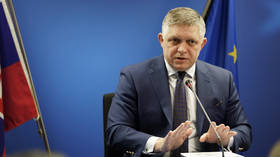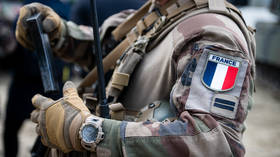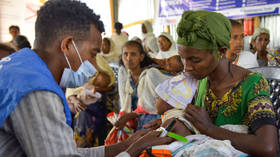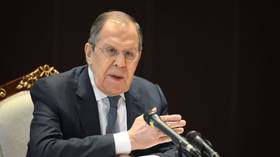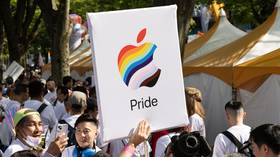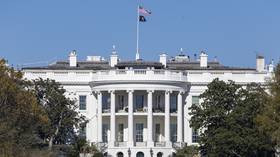Canadian PM answers whether NATO can grant no-fly zone over Ukraine
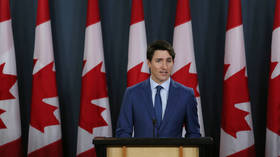
Canadian Prime Minister Justin Trudeau said on Friday that NATO couldn’t declare a no-fly zone over Ukraine at President Zelensky’s request, citing fears the decision could lead to a direct conflict between Russia and NATO.
“It is something that is heartbreaking. To have to say we can do so many things to support, but the risk of escalation, the risk of spreading… of involving NATO in a direct conflict if we send NATO planes over Ukraine to shoot down Russian planes,” Trudeau said during an interview with Canada’s CTV News, confirming that Zelensky had asked him directly to implement this measure during a phone call on Thursday.
“We can do an awful lot and we’re doing everything we can. But we can’t do that,” the premier added.
Deputy Prime Minister Chrystia Freeland, speaking with CTV News alongside Trudeau, claimed Canada was throwing “everything we have at this” and noted that economic sanctions imposed by numerous countries on Russia have already made their impact.
“The Russian Stock Exchange has been closed for the ninth day running. Russian government debt has been downgraded to junk status and ratings agencies are warning of an imminent Russian default,” she told reporters.
Ukrainian officials have been repeatedly asking NATO members to impose a no-fly zone over Ukraine for many days since the Russian offensive was launched late February. The idea, however, was rejected by many Western leaders due to fears that this measure would lead to a direct confrontation with Russia, since NATO aircraft could be forced to shoot down Russian planes entering Ukrainian airspace.
Moscow attacked its neighboring state at the end of February, following a seven-year standoff over what it says is Ukraine's failure to implement the terms of the Minsk peace agreements, and Russia's eventual recognition of the Donbass breakaway republics in Donetsk and Lugansk. Russian officials claimed the attack was necessary to eliminate threats coming from Ukraine towards its breakaway regions and towards Russia itself, and demanded neutrality from Ukraine, while Kiev has called the Russian attack an unprovoked act of aggression and denies claims that it was planning to retake the breakaway regions by force. Western nations and other countries strongly condemned the hostilities and, in retaliation, imposed unprecedented economic sanctions on Russia, on its top businessmen and on officials.



